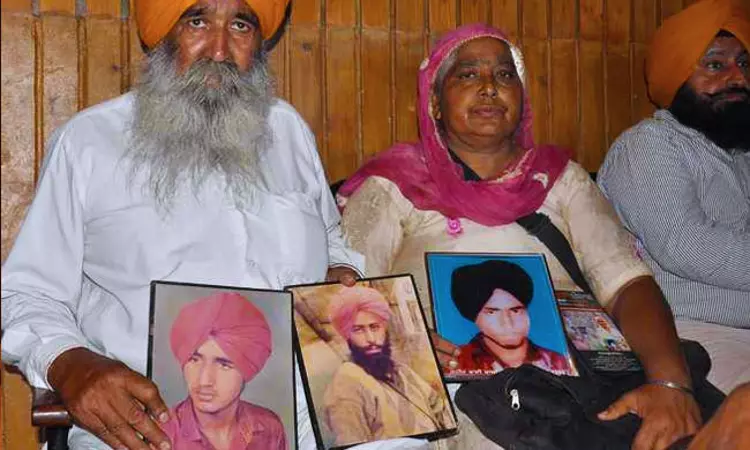Punjab Killings : Plea Filed In SC For Probe Into Alleged Executions Withdrawn With Liberty To Move HC
AKSHITA SAXENA
5 Sept 2019 7:12 PM IST

Next Story
5 Sept 2019 7:12 PM IST
The Public Interest Litigation filed in the Supreme Court seeking probe into alleged mass killings during the counter-insurgency period in Punjab has been withdrawn with liberty to move the Punjab and Haryana High Court.The petition filed by an NGO named Punjab Documentation and Advocacy Project (PDAP) and some individuals sought constitution of a Special Investigation Team (SIT) or...
